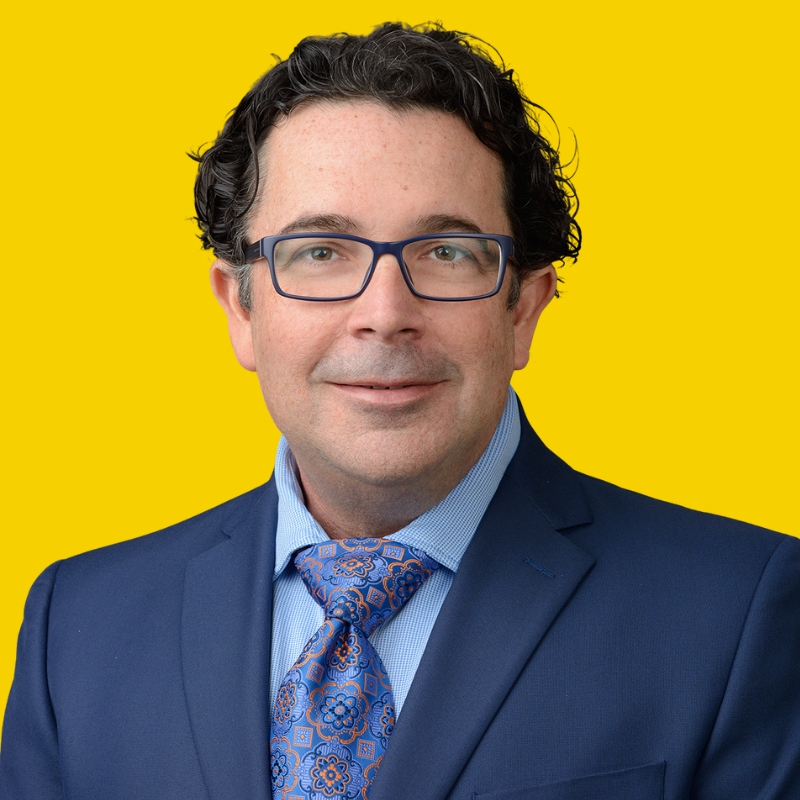Since 1993
Florida’s New DUI Refusal Law & The Constitutional Flaw in the Old One

By: John Guidry
What keeps a criminal defense attorney up at night? Knowing all the ways our bored legislature is going to “work” the next day by making more things a crime. And they’ve done it again. A new Florida law is set to make even a first-time refusal to provide a breath sample a criminal offense. By the time you’re reading this, it may be illegal in Florida to refuse a breath test.
But before that new law takes effect, let’s analyze a deep constitutional flaw in the current law that criminalizes a second refusal—an issue that remains a vital defense for thousands of pending cases across Florida. This is a technical argument, but it gets to the core of your constitutional rights.
Charged with Refusing a Breath Test in Orlando? The law is in flux, and your constitutional rights are at stake. Call my office for an in-depth analysis of the arguments we can raise in your defense. Call John Guidry: (407) 423-1117
The Current Law: Why a “Second Refusal” is a Crime
Under the current law (Florida Statute 316.1939), the “first one is free.” A driver arrested for DUI is permitted to refuse a breath, blood, or urine test one time with only a civil penalty (a one-year license suspension). However, a second refusal is a first-degree misdemeanor, punishable by up to a year in jail. This is a strange legal concept. You can’t steal once for free. You can’t possess drugs once for free. But you can refuse a breath test once for free.
The Constitutional Flaw: Violating Your Right to Confrontation
My argument, which I have raised in motions to dismiss, is that this law violates a citizen’s Sixth Amendment right to confront their accuser. Here’s why:
To convict someone of a second refusal, the State must first prove the prior refusal occurred. The statute allows the prosecutor to do this simply by admitting a DMV driving record printout into evidence. No live witness is required.
Think about that. A computer printout from the notoriously error-prone DMV can constitute half of the evidence needed to send you to jail for a year, and you never get to question its accuracy. Your accuser for that first refusal—the police officer who claimed you refused—is never brought to court to be cross-examined. This violates the Confrontation Clause.
How Other Courts Have Agreed With This Logic
Florida’s appellate courts have supported this reasoning in other DUI contexts. In cases like Williams v. State and Sobota v. State, courts have ruled that government reports like breath test affidavits cannot be admitted into evidence without the live testimony of the person who prepared them.
Furthermore, the Florida Supreme Court in State v. Belvin held that breath test affidavits are “testimonial” in nature, meaning they are created for the purpose of prosecution. Any “testimonial” document requires a live witness. If a breath test printout is testimonial, why isn’t a breath refusal printout? It should be.
A Look Ahead: The New Law Criminalizing a First Refusal
The “first one is free” era is ending. The legislature has passed a new law which, once it takes effect, will make even a first-time refusal to provide a breath, blood, or urine sample a second-degree misdemeanor. This is a significant and punitive change in Florida’s DUI landscape.
John’s Takeaways
- The Current “Second Refusal” Law is Flawed: The statute criminalizing a second DUI refusal arguably violates the Confrontation Clause by allowing a DMV printout to prove the first refusal without a live witness.
- “Testimonial” Evidence Requires a Witness: Florida courts have ruled that documents created for prosecution (like breath test results) are “testimonial” and require the witness to be present for cross-examination. A refusal affidavit should be treated the same.
- The Burden is on the State: The U.S. Supreme Court has made it clear that the burden is on the prosecution to present its witnesses, not on the defendant to subpoena them to challenge a piece of paper.
- Upcoming Change: A new Florida law will soon make even a first-time DUI refusal a criminal offense.
- This Defense Still Matters: This constitutional challenge remains a vital defense for any “second refusal” case charged under the current law.
I can only hope that our courts will one day recognize that the Constitution “imposes a burden on the prosecution to present its witnesses.” I have been making these complex constitutional arguments for my clients in Orange, Seminole, Osceola, Lake, Brevard, and Volusia County since 1993. Now you know the rest of the story..

About John Guidry II
John Guidry II is a seasoned criminal defense attorney and founder of the Law Firm of John P. Guidry II, P.A., located in downtown Orlando next to the Orange County Courthouse, where he has practiced for over 30 years. With more than three decades of experience defending clients throughout Central Florida since 1993, Guidry has successfully defended thousands of cases in Orange, Seminole, Osceola, Brevard, Lake, and Volusia counties. He has built a reputation for his strategic approach to criminal defense, focusing on pretrial motions and case dismissals rather than jury trials.
Guidry earned both his Juris Doctorate and Master of Business Administration from St. Louis University in 1993. He is a member of the Florida Bar and the Florida Association of Criminal Defense Lawyers. His practice encompasses the full spectrum of Florida state criminal charges, with a particular emphasis on achieving favorable outcomes through thorough pretrial preparation and motion practice.
Beyond the courtroom, Guidry is a prolific legal educator who has authored over 400 articles on criminal defense topics. He shares his legal expertise through his popular YouTube channel, Instagram, and TikTok accounts, where he has built a substantial following of people eager to learn about the law. His educational content breaks down complex legal concepts into accessible information for the general public.
When not practicing law, Guidry enjoys tennis and pickleball, and loves to travel. Drawing from his background as a former recording studio owner and music video producer in the Orlando area, he brings a creative perspective to his legal practice and continues to apply his passion for video production to his educational content.








